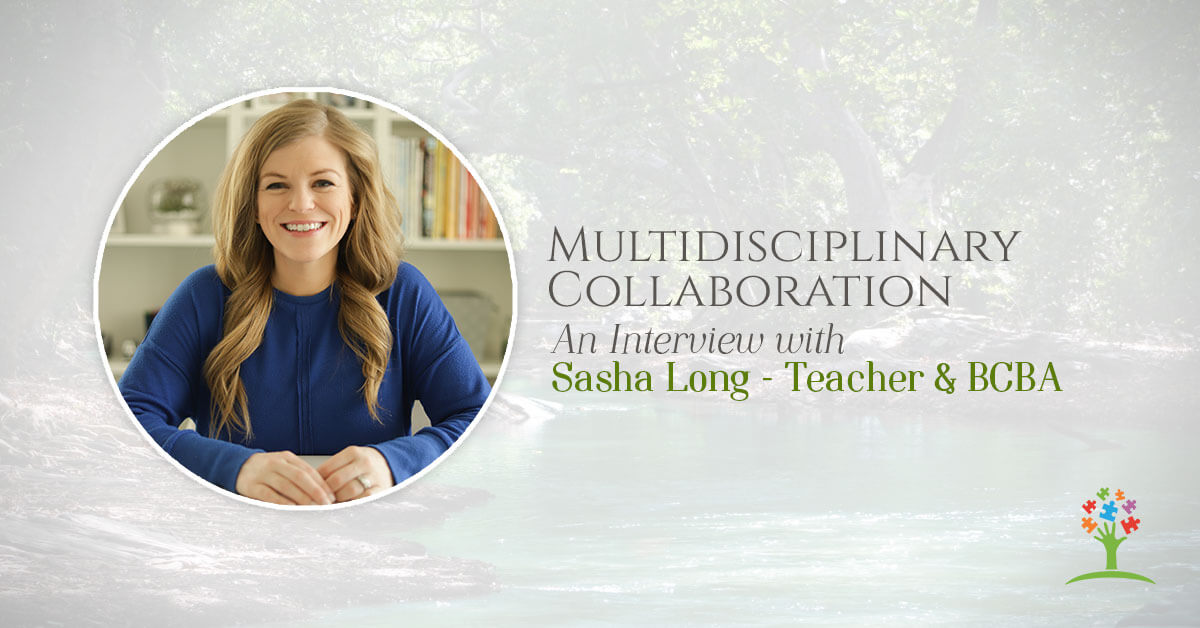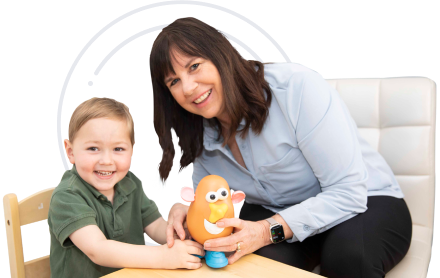Special Education Teacher & BCBA Sasha Long: Multidisciplinary Collaboration

Want to Learn how to Increase Talking & Decrease Tantrums in Children with Autism or Toddlers Showing Signs?
Want to start making a difference for your child or clients?

It’s my pleasure to have Sasha Long as a guest on my podcast. Sasha is not only a certified special education teacher and behavior analyst but also a fellow podcaster. In December 2018, she began hosting The Autism Helper podcast. Currently, Sasha works as a full-time consultant, writer, and behavior analyst. In addition to all of this, she also finds the time to travel internationally as a speaker and consultant.
Sasha is an adjunct professor in the School of Applied Behavior Analysis at the Chicago School of Professional Psychology; she certainly knows something about wearing a lot of hats, and she’s here to share her experience and her knowledge with us.
When asked about her “fall” into the world of autism, Sasha agreed completely that “fall” is the right word. Sasha was in a hurry to declare her major in high school and considered going into the educational field. Despite not having any experience working with children with autism, she ended up working in a self-contained autism classroom.
Ultimately, her career as a special education teacher led her to a career as a behavior analyst. She wanted to constantly improve her classroom for her students, and looked into reducing problem behavior and then how to teach new skills. She then fell into the field of applied behavior analysis. I think you will find Sasha’s career journey fascinating.
Sasha began her podcast, The Autism Helper, as a way for teachers and parents to gain pertinent information as they lived their busy lives. In addition to hosting her own podcast, she also runs a blog under the same name.
For Sasha and I, helping children and adults with autism lead their safest, happiest, most independent lives is our main priority. I hope you enjoy Sasha’s interview; I believe it will help you improve your own lifestyle.
Mentioned In This Episode:
- Stitcher Radio: The Autism Helper podcast
- MaryBarbera.com/workshop (Sign up for a free online workshop for parents and professionals)
Subscribe & Review in iTunes